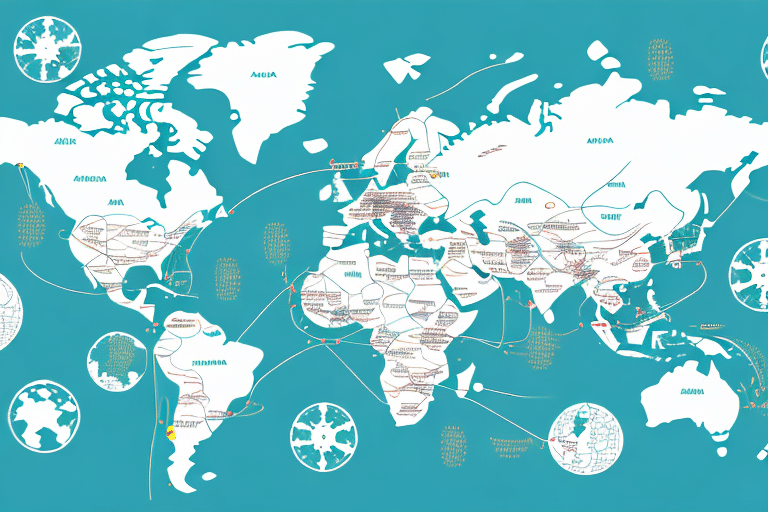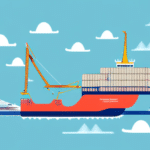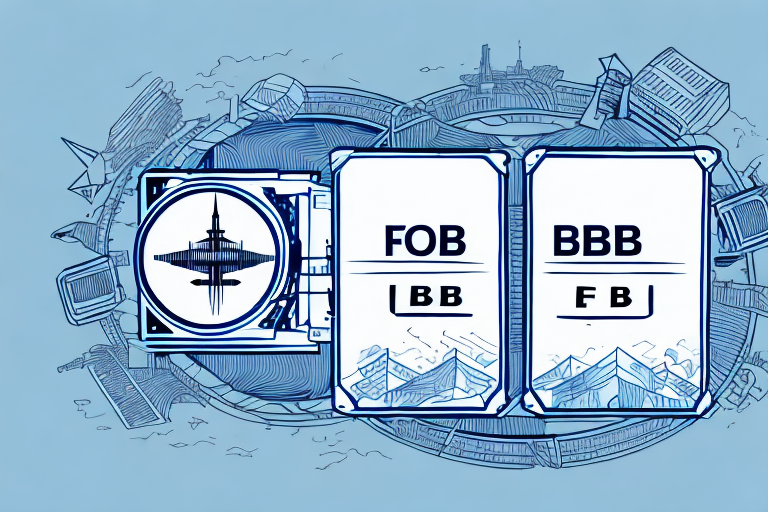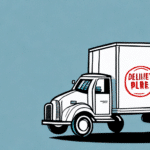Understanding FOB Points and Their Role in Logistics
In the realm of logistics and supply chain management, the term FOB (Free on Board) is frequently encountered. FOB points designate the specific location where ownership and liability of goods transfer from the seller to the buyer. This transfer point is crucial as it delineates responsibility during the shipping process, impacting everything from costs to risk management. Understanding FOB terms is essential for businesses to effectively negotiate contracts and manage their supply chains.
Types of FOB Points
FOB Origin
FOB Origin means that the buyer assumes ownership and responsibility for the goods as soon as they leave the seller’s premises. This includes arranging and paying for transportation, as well as bearing the risk of loss or damage during transit.
FOB Destination
FOB Destination indicates that the seller retains ownership and responsibility for the goods until they reach the buyer’s specified location. The seller covers transportation costs and is liable for any damages incurred during shipping.
FOB Shipping Point
FOB Shipping Point is similar to FOB Origin, where the buyer takes ownership once the goods are shipped. This term is commonly used in domestic shipping scenarios.
FOB Vessel
FOB Vessel specifies that the seller’s responsibility ends once the goods are loaded onto a ship. This term is predominantly used in international shipping, particularly for bulk goods shipped by sea.
Impact of FOB Points on Shipping Costs and Risk
Responsibility and Liability
The chosen FOB point determines who is responsible for the goods at various stages of the shipping process. For instance, under FOB Origin, the buyer bears the risk once the goods are shipped, whereas FOB Destination keeps the risk with the seller until delivery.
Cost Implications
FOB terms can significantly affect shipping costs. FOB Origin may result in lower costs for the seller but higher costs for the buyer due to the buyer handling transportation. Conversely, FOB Destination can increase costs for the seller as they cover transportation and insurance.
- According to the Investopedia, understanding FOB terms can lead to more effective cost management.
- The International Trade Administration highlights that the choice of FOB terms is pivotal in international trade agreements.
Comparing FOB to CIF Shipping Terms
While FOB focuses on the point of ownership transfer, CIF (Cost, Insurance, and Freight) bundles the cost of goods, insurance, and freight into a single price. This simplifies the buyer’s responsibilities but often results in higher upfront costs.
Choosing between FOB and CIF depends on factors such as the level of control desired over shipping logistics and the ability to manage transportation costs effectively.
- CIF explained by Investopedia.
- For a detailed comparison, refer to the Export.gov guide on Incoterms.
Managing FOB Points in Your Supply Chain
Choosing the Right FOB Point
Selecting the appropriate FOB point requires evaluating the nature of the goods, shipping distances, and potential risks. Businesses should align their choice with their logistical capabilities and risk tolerance.
Negotiating with Suppliers
Effective negotiation involves understanding the implications of different FOB terms and striving for terms that balance cost and responsibility. Clear communication with suppliers ensures that both parties are aligned on responsibilities.
Implementing FOB Strategies
Integrating FOB terms into supply chain strategies involves coordinating with carriers, insurance providers, and internal teams to manage responsibilities seamlessly throughout the shipping process.
Common Challenges with FOB Points and Solutions
Delays and Miscommunications
Misunderstandings regarding FOB terms can lead to shipping delays. Implementing clear contracts and regular communication can mitigate these issues.
Disputes Over Responsibility
Disagreements about when responsibility transfers can result in disputes. Detailed documentation and predefined dispute resolution mechanisms are essential to address such conflicts.
Managing Risk
Shifting responsibility through FOB terms can introduce new risks. Utilizing insurance and robust risk management strategies helps in minimizing potential losses.
Tips and Best Practices
Effective Negotiation Techniques
Understand both your and your supplier’s constraints and objectives. Aim for terms that provide mutual benefits and clearly outline responsibilities.
Clear Communication
Ensure that FOB terms are explicitly stated in all contracts and that all parties have a clear understanding of their obligations.
Utilizing Technology
Leverage logistics management software to track shipments, manage documentation, and facilitate communication between stakeholders.
The Future of FOB Points in Global Trade
As global trade evolves with advancements in technology and shifts in economic policies, the role of FOB points is becoming increasingly significant. E-commerce growth and the expansion of global supply chains necessitate more precise and flexible FOB terms to accommodate diverse logistical needs.
Emerging trends include the integration of real-time tracking systems and blockchain technology to enhance transparency and security in shipments governed by FOB terms.
Conclusion: The Importance of Understanding and Implementing FOB Points in Logistics
FOB points are a fundamental aspect of logistics and supply chain management, influencing cost, risk, and operational efficiency. By comprehensively understanding the various types of FOB terms and their implications, businesses can make informed decisions that optimize their shipping processes and enhance their competitive edge in the global market. Staying informed about best practices and emerging trends ensures that companies can effectively manage their supply chains and navigate the complexities of international trade.




















